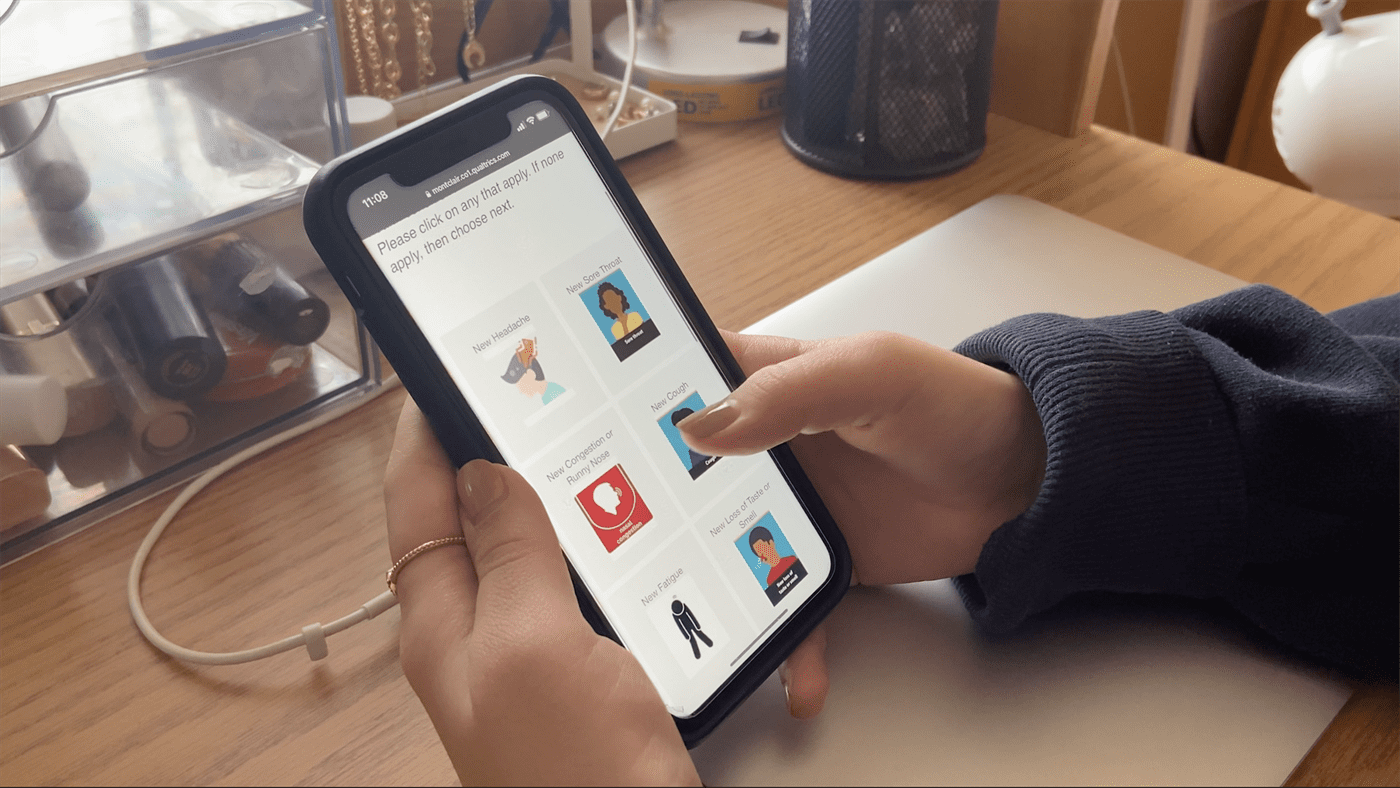During the first week in March, The Montclarion will be publishing content related to the two-year commemoration of the coronavirus (COVID-19) pandemic and the effect it has had on Montclair State University’s campus community #Since2020.
Over winter break, The Centers for Disease Control and Prevention (CDC) announced vaccinated citizens were able to cut down their time in quarantine from 10 days to five after being exposed to the coronavirus (COVID-19). This gave students hope that it would be the same for Montclair State University.
Jessica Brater, the student affairs council chair of the university senate, announced the quarantine time for students would still be 10 days until the end of the semester when all students are vaccinated and boosted. The policies are set forth by the health services department and the dean of students office.
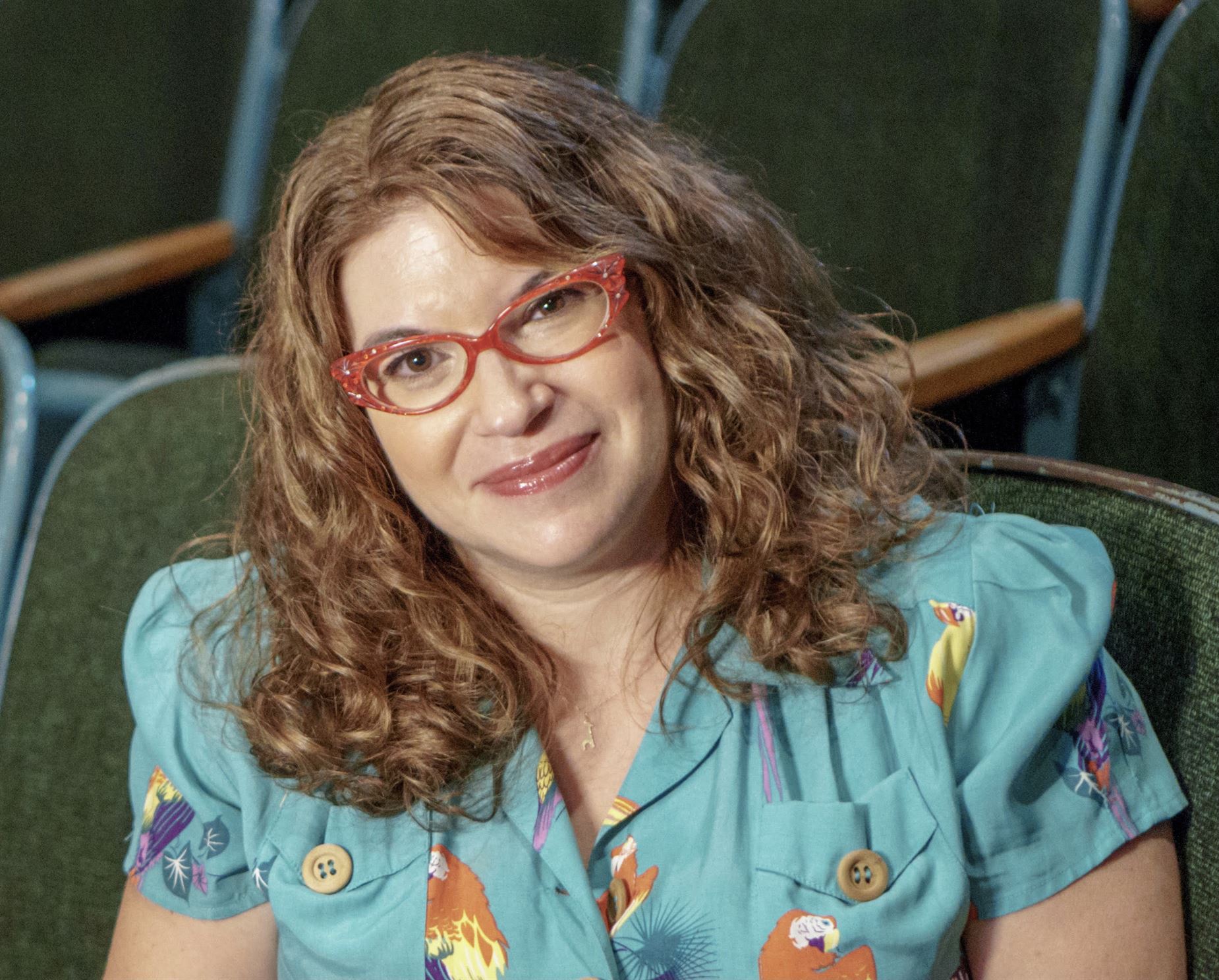
Jessica Brater, the student affairs council chair of the university senate, said the quarantine period will remain 10 days.
Photo courtesy of Jessica Brater
Brater thinks the 10 days is beneficial because there seems to be a time lag between when students get contacted by the health center and when they are diagnosed with COVID-19.
“From what I’ve gathered from hearing other people, there is a lag in time between when the contact tracer contacts the student,” Brater said. “Then it takes time for the contact tracer to get to the students who have been exposed and then the faculty doesn’t get contacted until three to five days [after] the student is put in quarantine.”
Brater said by the time faculty receives notifications that a student in their class has COVID-19, they have already returned to class.
“This is no one’s fault,” Brater said. “The processing just takes a little bit of time to unfold.”
At the Jan. 26 senate meeting, Margaree Coleman-Carter, the associate vice president and dean of students, mentioned the department was overwhelmed at the beginning of the semester when all the students came back from break and transmission rates went up.
Quarantine lengths have changed many times throughout COVID-19. Beginning Feb. 6, 2020, the university informed students returning to the United States from China that they must quarantine for up to 14 days. On March 6, 2020, the quarantine was extended for students returning from level three or four risk regions.
When students began returning to campus for the fall 2020 semester, out-of-state students had to quarantine for 14 days. When cases began increasing that semester, the university implemented a waiver system to gain permission to leave campus.
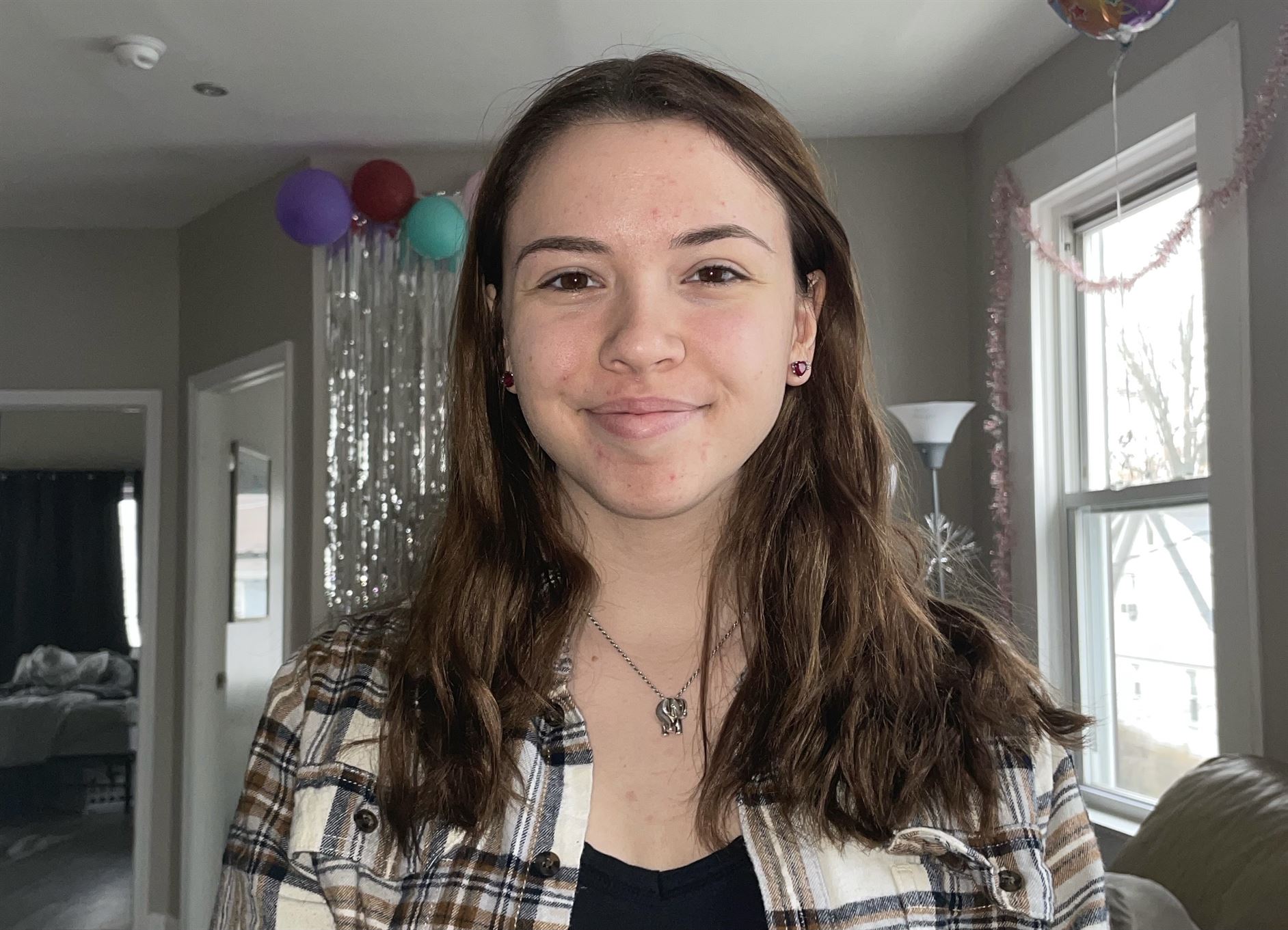
Mady Garthly, a junior educational foundations for elementary teachers major, approves of the 10-day quarantine policy.
Photo courtesy of Mady Garthly
Mady Garthly, a junior educational foundations for elementary teachers major, said she is happy Montclair State is keeping the 10-day quarantine policy in place. Garthly, who had COVID-19 over winter break, still had symptoms and tested positive five days after her quarantine started.
“Although the CDC says five days is OK, it’s better to be safe than sorry,” Garthly said. “Being that we are a big school, we should not take risks. It does not affect just us, but also the people we surround ourselves with.”
Jake Hamstra, a junior theatre studies major, is unsure whether it should be longer or shorter.
“The issue of quarantine and the length that you must do it [for] is an odd topic for me,” Hamstra said. “While I think it is always better to sit on the safe side [of things] when it comes to health, I just think that everyone has immense [COVID-19] fatigue.”
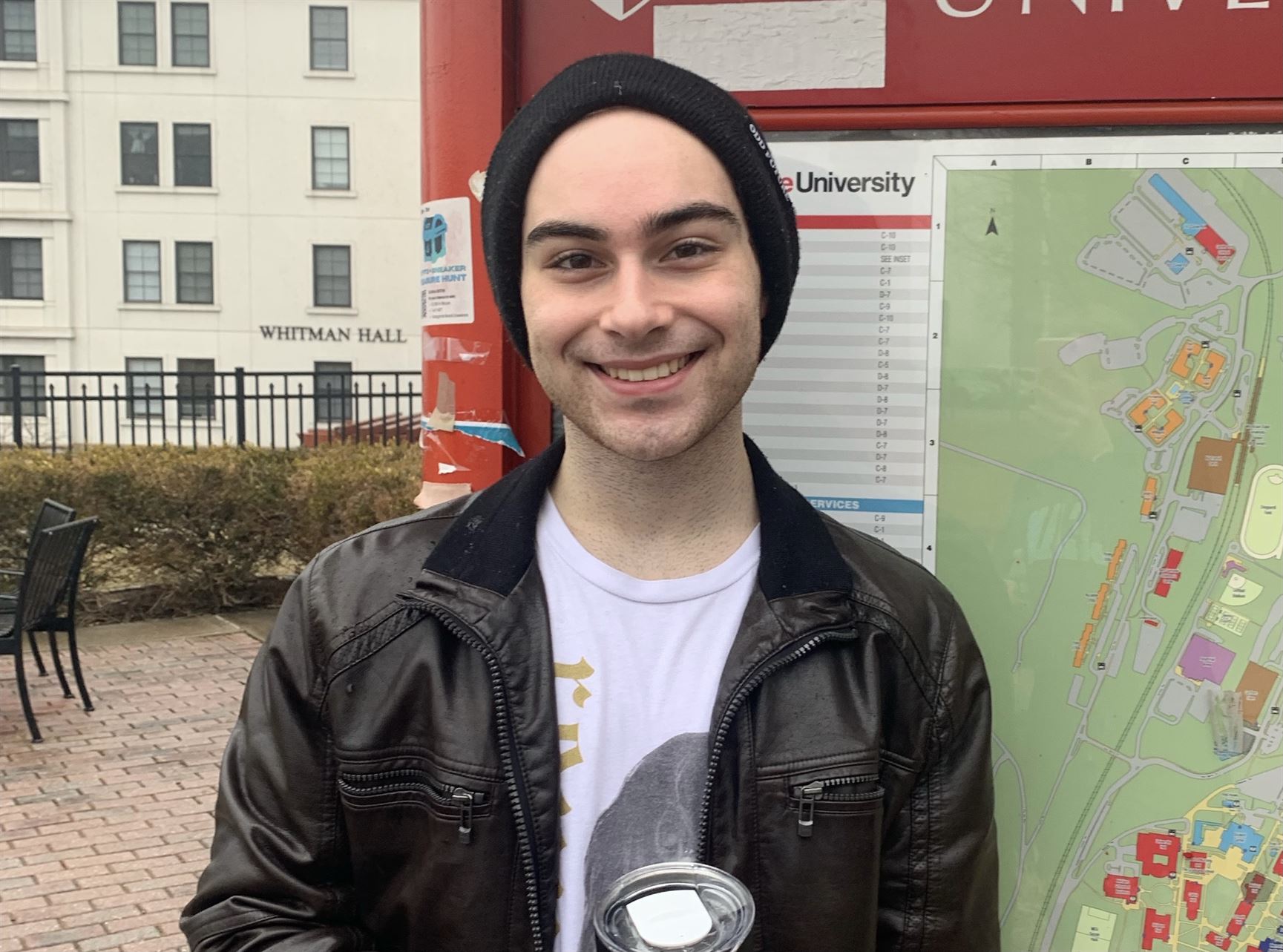
Jake Hamstra, a junior theatre studies major, has mixed feelings about the duration of the quarantine period.
Erin Lawlor | The Montclarion
Hamstra doesn’t think we should ignore the people who are worried, but that the quarantine period does disrupt learning and any extracurriculars students are a part of.
“I don’t see why we shouldn’t follow the CDC and make the quarantine period for vaccinated students five days,” Hamstra said. “It would help better our education as well as still keep people safe.”
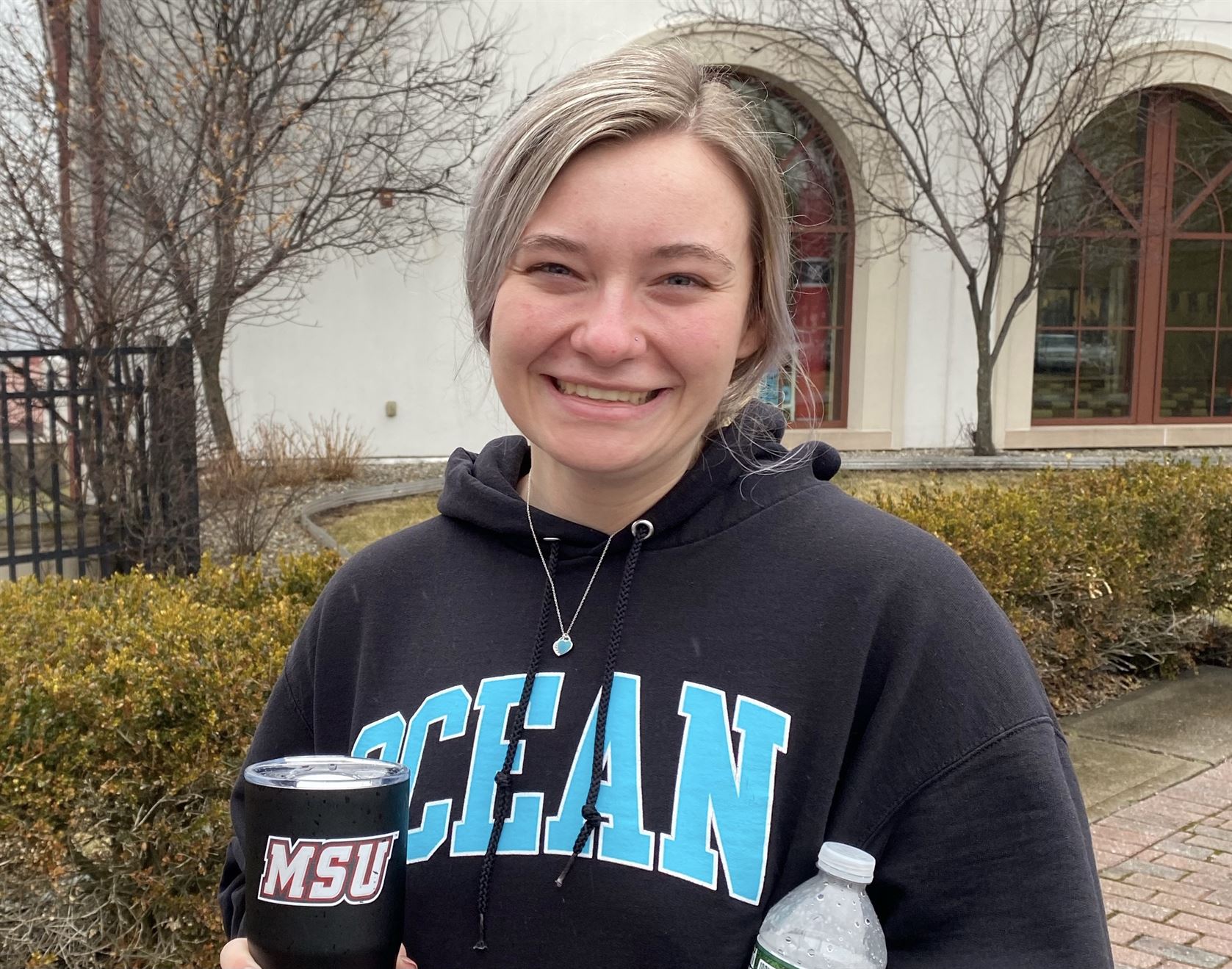
Sam Seiser, a junior educational foundations for elementary teachers major, said she understands the school is trying to keep students safe.
Erin Lawlor | The Montclarion
Sam Seiser, a junior educational foundations for elementary teachers major, believes it is up to the university to do whatever will keep us safest.
“I respect that they are trying to make us feel as safe as possible when it comes to getting [COVID-19],” Seiser said. “If I could change it though, I would make it five days for vaccinated people and take the advice of the CDC.”
Like many other students on campus, Seiser said she has extreme COVID-19 fatigue and is ready for things on campus to go back to normal.

